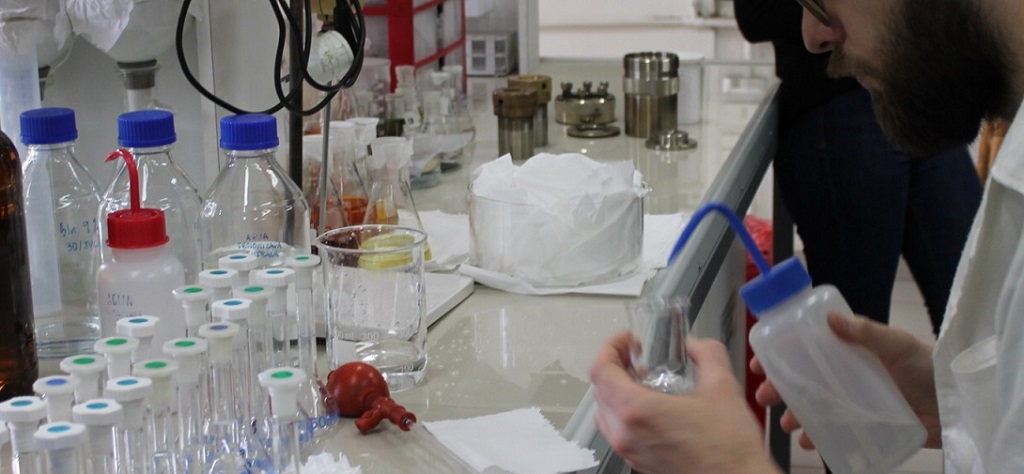According to the principal investigator of this technology, Professor Tianyi Ma, from RMIT University in Australia, their batteries are at the forefront of storage devices, with advances that significantly improve performance and useful life.
“What we design and manufacture are called aqueous metal-ion batteries, or we can call them water batteries, because we use that liquid to replace organic electrolytes, which allow the flow of electric current between the positive and negative terminals,” he said.
He pointed out that they used materials such as magnesium and zinc, which are abundant in nature, are economical and less toxic than alternatives used in batteries made of different materials.
“With this, we help reduce manufacturing costs, risks to human health and the environment, as well as achieve simplicity in the manufacturing processes to make mass production feasible,” he added.
jg/jav/ro/cdg









